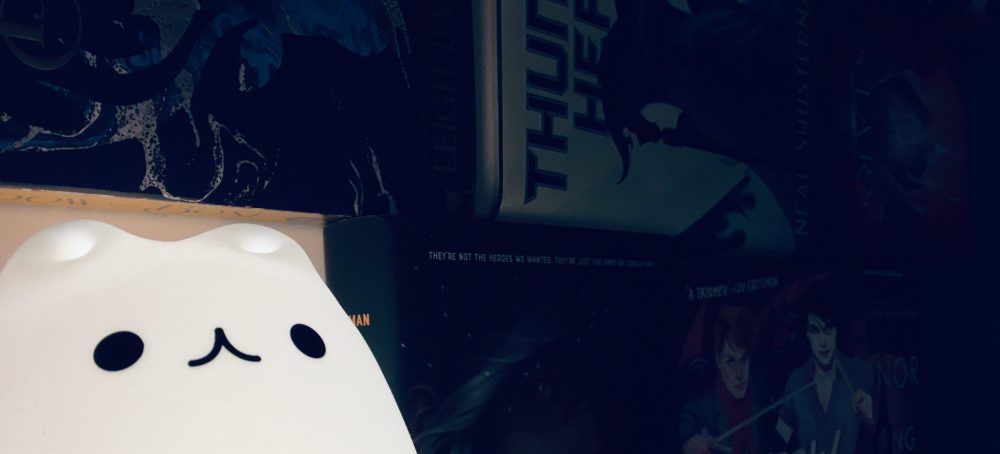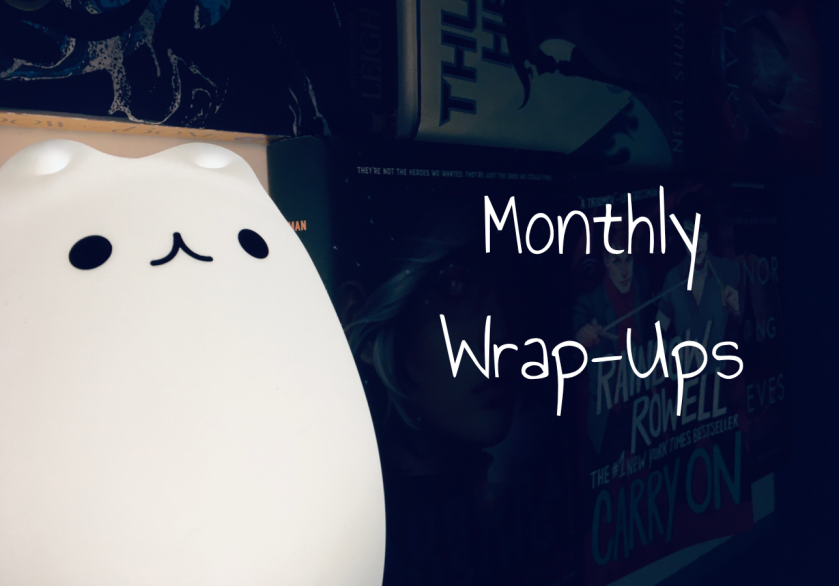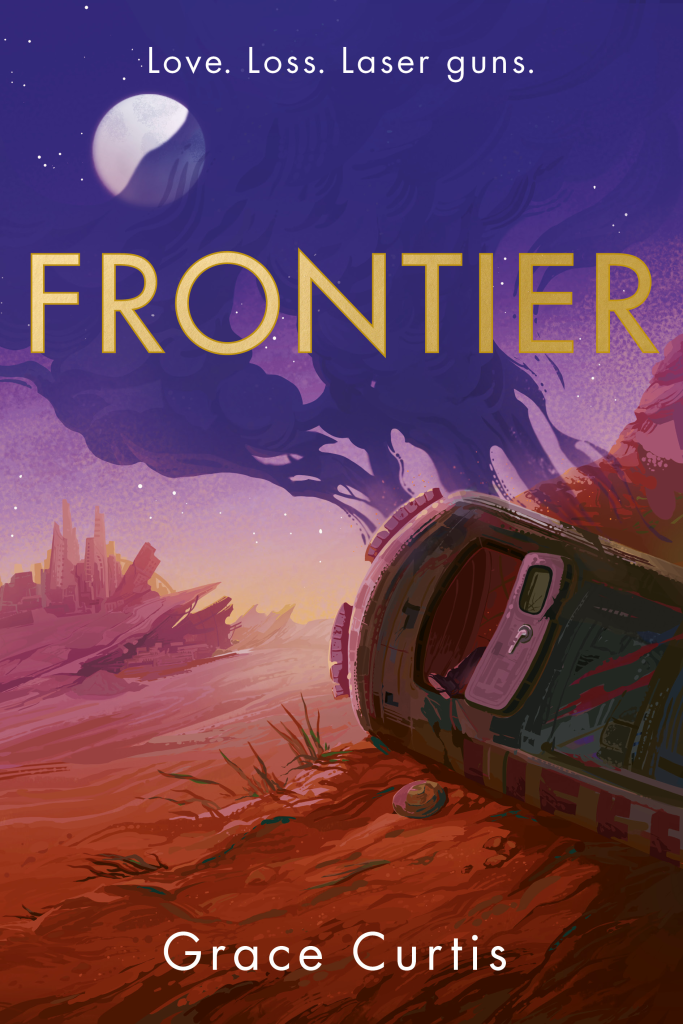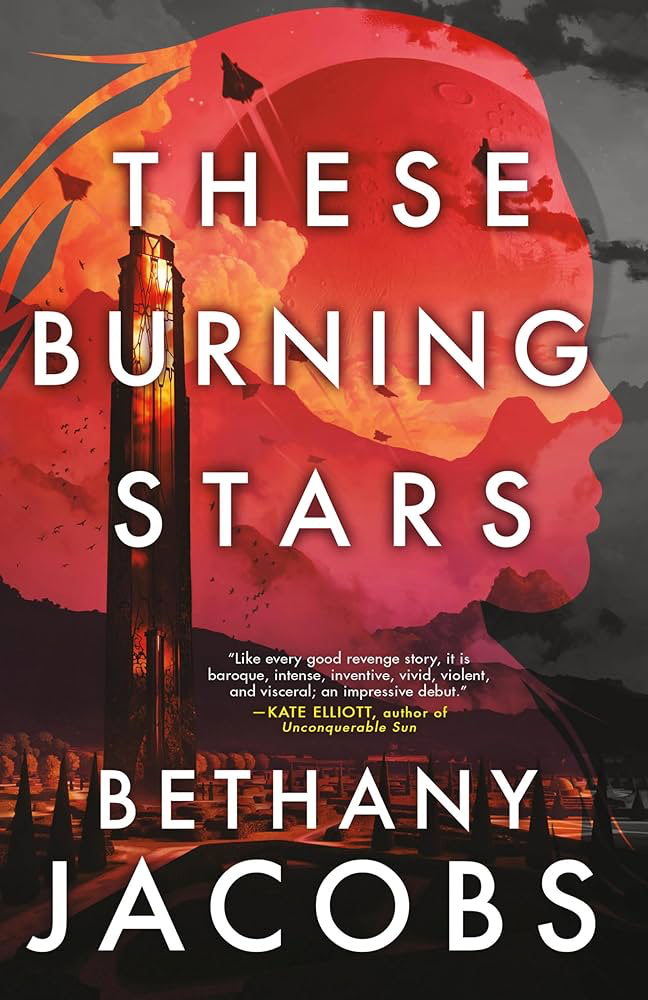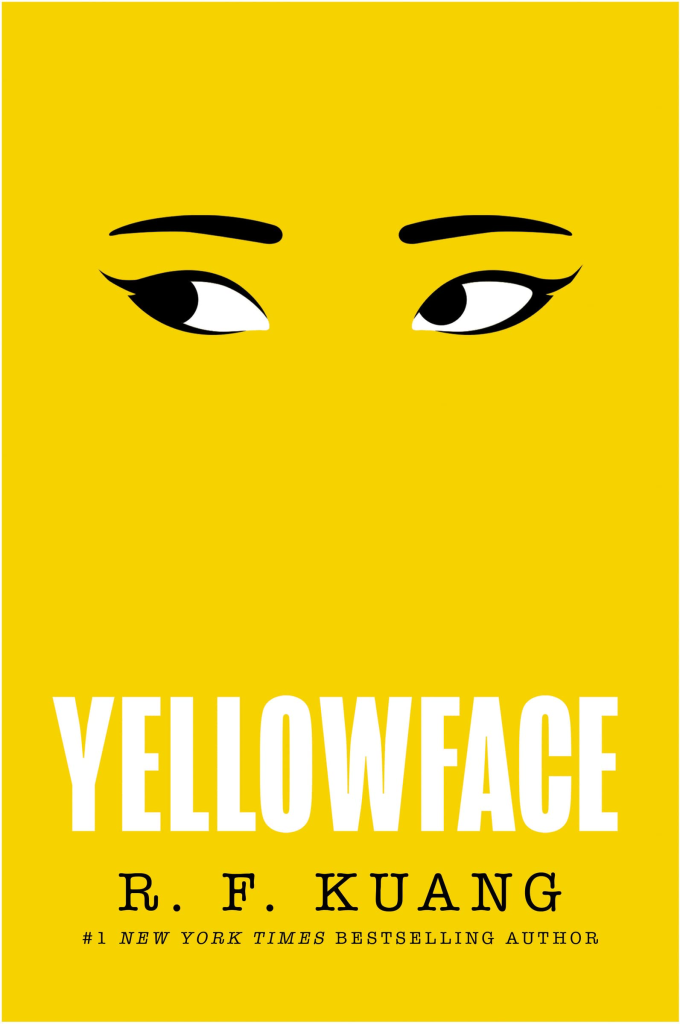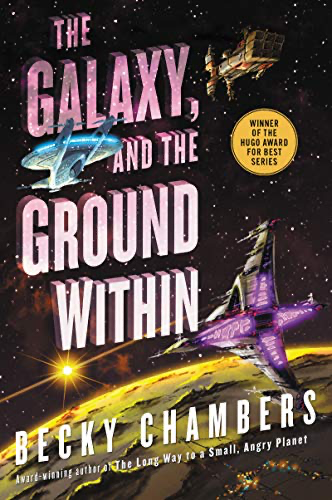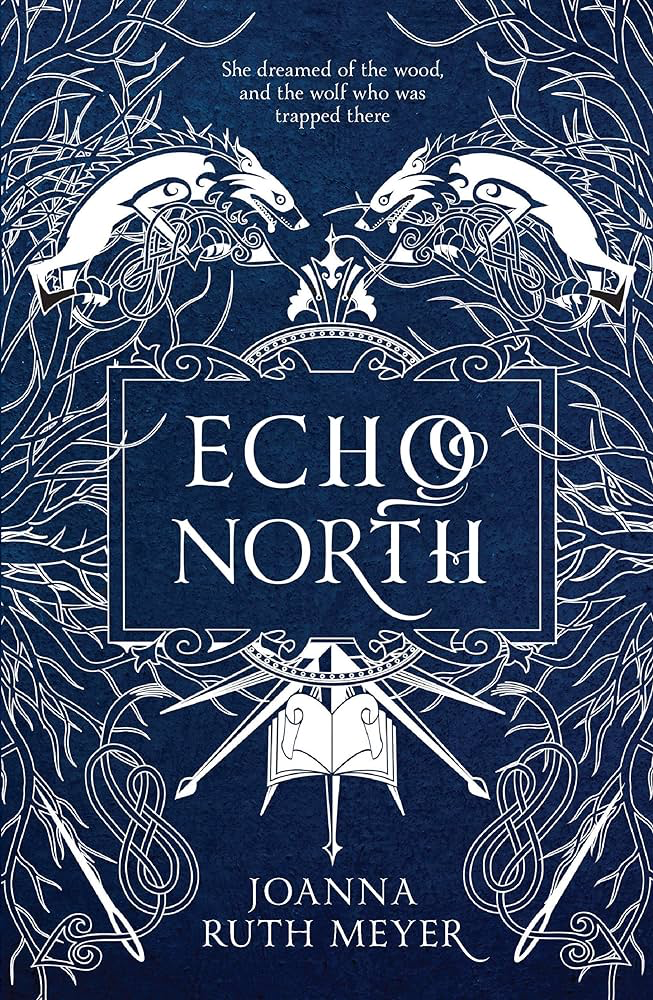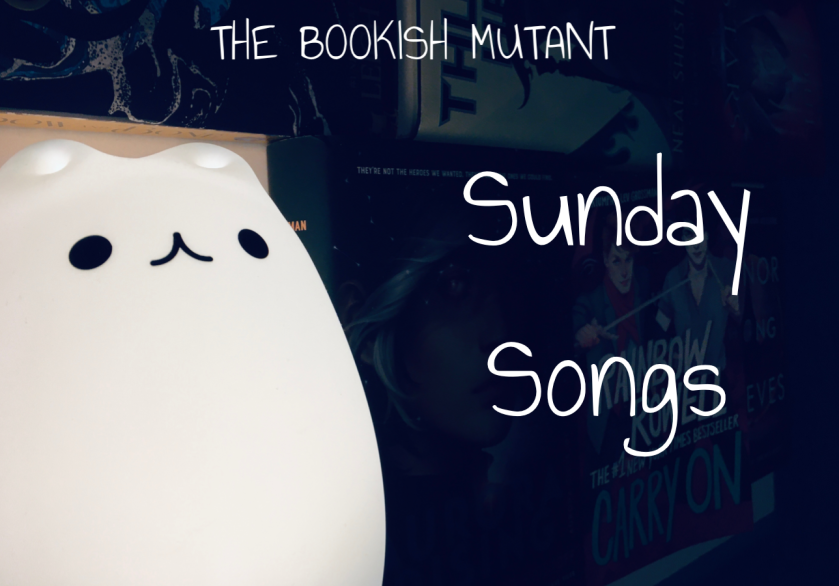
Happy Sunday, bibliophiles!
Huzzah! No more black and white color palettes! Color has returned! And somehow, I’ve managed to cram way too many songs that I’ve had on repeat into a single post, so get ready for some rambly paragraphs. Also: music that changed the game (several games, in fact), people who really liked the ’60s, and me freaking out over an Instagram post that’s already over a week old.
Before we get into that, here are last week’s songs:

2/4/24:
- “BYE BYE” – Kim Gordon
- “Fingers & Thumbs (Cold Summer’s Day)” – Erasure
- “Easy” – Palehound
- “The Cheese Alarm” – Robyn Hitchcock
- “Feed the Tree” – Belly
Now, enjoy (oops) this week’s songs!

SUNDAY SONGS: 2/11/24
I already rambled about this song plenty on my review of Wall of Eyes from last week, but if you haven’t read that, take my word for it. “Read the Room” was half the reason I was excited for the whole album in the first place just because of how arresting it was to hear it live for the first time without knowing they’d been cooking it up. From that, I thought I was going to destroy my hopes for this song because I’d hyped it up so much, but no. It’s still hypnotic in every way possible. Just listen, okay?
…AND A BOOK TO GO WITH IT:
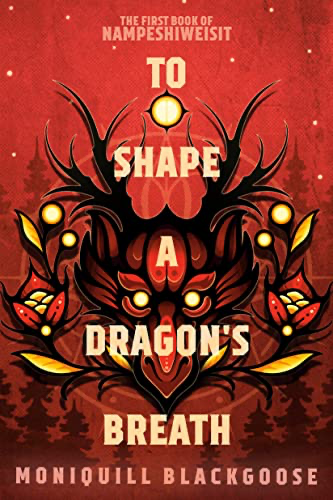
To Shape a Dragon’s Breath – Moniquill Blackgoose – massive egos and magic rainbows aplenty, but this time in the form of gaslighting and colonial pressures surrounding Anequs, an Indigenous woman fighting to make her voice heard.
Finally. I’ve finally gotten around to listening to Post, and with every song I come back to, I keep hitting myself for not listening to it sooner. Not just because some of my favorite Björk songs (and no shortage of childhood nostalgia, courtesy of my parents and their wonderfully indie taste) were on it, but just because I’ve seen it held on so high of a pedestal for so long. Normally, that’s not a primary motivator for listening to an album unless I’ve had it recommended by someone I trust, but if it’s Björk, talent of talents, that’s being held on said pedestal, then why shouldn’t I? Now that I’ve listened to it, I’m struck by the feeling that Post sounds simultaneously like nothing I’ve ever heard and everything I’ve ever heard. Every song sounds so unique, and yet screams of everything that’s come after it, whether you’re looking at the world of rock, trip-hop, or electronic—a route that Björk took on this album when she felt that rock music held little opportunity for the experimentation brewing inside of her. And that experimentation was truly wild—wild in the naturalistic sense, in the sense that she’s always meant when she’s said that she isn’t necessarily inspired by the music of her native Iceland, but of the volcanic landscape of Iceland itself. There’s musical eco-brutalism rife in this album, a full-frontal fusion of the natural and the industrial that grinds together into something that feels both alien and familiar, but wholly captivating. Maybe eco-brutalism isn’t quite the right word—I’m sure there is a word for this, but the “brutalism” part, although it is distinctly industrial in some places, feels sleeker and more technological. Post feels like that picture of a bunch of bright green plants crawling out of the dirt, but they’re planted inside of the headlight of a car; both images are strikingly different from each other, but they were always meant to be distinctly harmonious without bleeding into each other.
“Enjoy” was one of the songs that I hadn’t heard previously, and now, I’m practically waiting on its every beck and call. I just cannot stop listening to it. With something so simple as a walking, looping synth to provide its chrome backbone, “Enjoy” becomes a kind of cyberpunk catwalk, a confident strut through metal and neon lights. It’s no surprise that Tricky (who Björk had a short-lived relationship with at the time) had a hand in this track; it’s got trip-hop written all over it, but even that couldn’t place it as anything but purely Björk. With brass blasts punctuating the spiraling web of synths thickening every note, it feels like the formula that she’s molded like clay for her whole career—taking two distinct things that would sound horribly out of place in the hands of any other artist, but in her hands, sound like they were made to mesh together, a cyborg chimera of spare and found parts. And through it all, Björk’s signature, growling belt rings like a cry of confidence, a declaration (of independence?) as she struts the cyberpunk catwalk, hungry for tactile sensation, branching her feelers out for anything they can grasp. Björk described it as “[being] greedy, to be eager to consume a city,” and “Enjoy” feels like nothing but riotous consumption, something swallowing whole continents in its wake in a search for something to feel.
…AND A BOOK TO GO WITH IT:
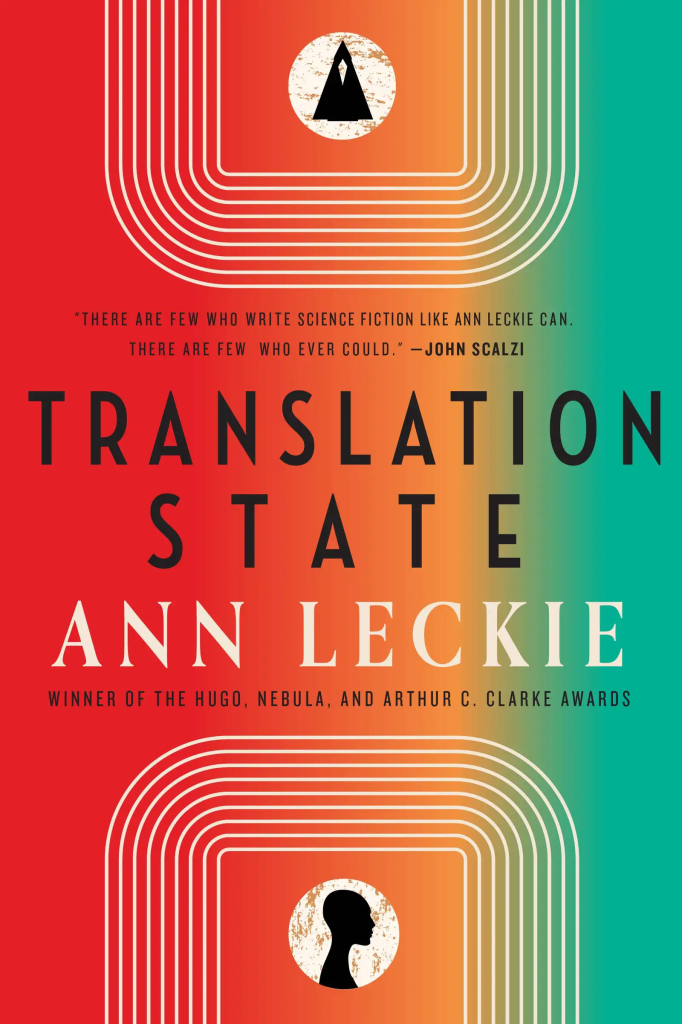
Translation State – Ann Leckie – this novel features an alien character with a deep desire to experience the same sensations of other intelligent life that have been excluded from them; the overwhelming urge to seek out the tactile of “Enjoy” radiates through here as well.
“Chapter 8: ‘Seashore and Horizon'” – Cornelius
I’m a warm-weather creature at heart. I can’t get too warm, but I tend to come back alive once the sun comes out. I’m practically a reptile in that regard—I take any crumb of warmth that I can get, then I soak it up for the rest of the day like stolen nectar. Similarly, I find myself gravitating to sunnier, more summery music in these chillier, gloomier months. Here I am, looking out my window: all the trees are bare as can be, there’s half-melted snow sliding off the neighboring rooftops, and the ground beneath my feet is a mess of slush, dirt, and who knows what else. If you squint, there’s a tiny pocket of blue between the clouds, but it’s gray as far as the eye can see. But in these times, I turn to musical sunshine for my fix. I’m thinking back to last year, and that’s around the time when I was playing Fishbone’s “Everyday Sunshine” more often than not. Now, we’ve got some sparkly sunshine in the form of a trip to the beach.
Up until now, I only knew two Cornelius songs (“Mic Check” and “Smoke”), both collages of synth, samples, and brightly-colored, digitized sparkle. What I’ve taken away from looking into his background is that Cornelius (a.k.a. Keigo Oyamada), is, if nothing else, a student of The Beach Boys, to the point where he put a picture of himself dressed as Brian Wilson in the liner notes of Fantasma, the album where we get “Chapter 8.” Somehow, it never once dawned on me while listening to this song, but it’s like a sledgehammer in the face of Pet Sounds influence once you realize. This is literally just The Beach Boys if they had a few more synths and discovered sampling. And like what made Wilson and co. famous, “Chapter 8” feels like if warm sunshine over an endless, golden beach were channeled into just under three and a half minutes of music. Combined with the equally peppy powers of Robert Schneider and Hilarie Sidney of The Apples in Stereo, there’s no adequate words to describe this song other than carefree. You can almost see Schneider and Sidney nodding their heads in time as one strums an acoustic guitar, with animated sea creatures dancing around them. But what elevates the joy of this song is the way their high-pitched harmonies dance together, feather-light.
What a joyous, whimsical song! Sure would be a shame if…oh, for fuck’s sake, Cornelius did WHAT? Jesus Christ…at least The Apples in Stereo are good people…
…AND A BOOK TO GO WITH IT:

Sea Sirens (A Trot & Cap’n Bill Adventure) – Amy Chu and Janet K. Lee – a brightly-colored trip into a fantastical world under the sea.
“The Ballad of Peter Pumpkinhead” – XTC
Everybody’s weekly Apple Music replays should be generating soon, if memory serves, and I’m just waiting to see which spot out of the top 5 that this song has occupied, because it’s kind of a given that it’s going to be somewhere in there. It’s an inevitability at this point. As evidenced by this post, there’s no space left in my brain for important stuff to occupy, because it’s all been clogged with Björk, The Smile, and this for 2 weeks straight.
For XTC, it’s easy to see why. Andy Partridge always had aspirations of being a pop star, weaned on ’60s groups like The Monkees, whose style inspired his quirky musical career. And although he never got the Monkees-level fame that he’d always dreamed of (maybe that’s for the best? Who would want to have a fake show centered around you and then have to own up to not playing any of the instruments on live TV? Maybe that’s just me…), his pop craft is unmistakable. Their hits were more on the side of…well, ADHD, valium withdrawal, and poking sticks at God than “Daydream Believer,” but, as he frequently insisted, the music he and the other members of XTC was pop—it was just confined to the fringes, for the most part. “The Ballad of Peter Pumpkinhead” feels like it could have been the crowd pleaser at sold-out stadiums in some alternate universe where fawning girls had posters of Andy Partridge and Colin Moulding in mop haircuts on their walls. It’s a tragic and biting song, but it’s got the command of a song made for people to wave their hands along, raised in prayer in a mass mourning for Peter Pumpkinhead. The song did, in fact, start out as a smaller version of that kind of pity; the Peter Pumpkinhead character was inspired by a jack-o-lantern that Partridge had proudly carved, then slowly watched rot day by day, which led him to not only pity the poor thing, but toy with the concept of a person who was purely good, and therefore, according to Partridge, “I thought, ‘god, they’d make so many enemies!'” And it’s easy to see—not to be cynical with it, but most governments despise the idea of Peter Pumpkinhead-like people simply because he’s everything they’re not—charitable, kind, and just purely good, and capable of letting every criticism bounce off of them (“plots and sex scandals failed outright/Peter merely said ‘any kind of love is alright!'”). The music video, which was later heavily edited for us Americans, didn’t just expand on the allusions to Jesus in the song’s final verse (“Peter Pumpkinhead was too good/Had him nailed to a chunk of wood”), but straight up recreates the JFK assassination. Not just a few references or anything, no. It’s literally just JFK’s assassination, complete with a Marilyn Monroe lookalike, a flashing image of Cuba superimposed onto a picture of a pig, and a weeping Jackie Kennedy sprawled out of the back of the car. Certainly a ballsy move, but not even the ballsiest move they made when it came to American audiences. If being memorable was the aim, then they succeeded. But even without it, “Peter Pumpkinhead” has pathos in spades, the kind that brings people to their knees.
Hooray for Peter Pumpkinhead, indeed. He’s got my vote, but I feel like we already established that he’s not the kind of guy to run for public office, so I’d just shake his hand.
…AND A BOOK TO GO WITH IT:

The Last Human – Zack Jordan – being the last human in the galaxy tends to make you too many enemies, even if you don’t deserve it. Also tends to happen when you’re a teenage girl.
Oh god. God. Help me. St. Vincent wiped her entire instagram and posted a video setting aside the blonde wig from the Daddy’s Home tour H-E-L-P. HELP ME. I AM NOT OKAY.
Through my unceasing hyperventilation, I’ve come back to some of her older genius through a scattered few songs from her (slides on hipster glasses) sophomore album, Actor, and its timeless gateway into the singer and guitarist that she’s become. It’s uplifted the quirky art-pop of Marry Me into something sharper, at times more sinister (“Marrow”), and at times more heartfelt (“Laughing With a Mouth of Blood”). Only two years into her solo career, and she’s already got a full brass section at her back, but even that couldn’t stop her as a singular, meteoric force; Actor proved that she had the plentiful talent to command a room and supercharge it with artfully jagged energy, always lingering on the edge of ecstasy and fear. Compared to some of the other tracks, “The Party” isn’t necessarily the captivating explosion of some of the other tracks, but it’s still an explosion in its own right. Like “Laughing,” it’s more downtempo both in instrumentation and lyricism; for the glut of the song, Annie Clark is only joined by spare drums and specks of tasteful piano chords as she wistfully recalls tired companionship with someone as a party winds down. There’s a kind of delirious drunkenness to it as Clark watches her subject fade through her fingers in the form of scant memory: “I licked the ice cube from your empty glass/Oh, we stayed much too late/’Til they’re cleaning the ashtrays.” Lines like “oh, that’s the trouble/of ticking and talking” are straight out of the cheeky, red-lipstick mannerisms of Marry Me, but as the song unfurls like a creature hatching from an egg, it’s a concentrated specimen of her growth in the years since. As her voice fades out of lyrics and into chorus, joined by a choir rising like fog, it feels like she has her finger lingering over the button to unleash chaos, a nuclear release of creativity. Drums skip beats and fade out of line, synths blip and crackle like they’re struggling to hang on, and Clark and her chorus rise from the waves like Aphrodite rising from the sea. For a section that occupies such a small space in the song, it crams so much dare I say cosmic fervor into only a minute and a half. If “Marrow” and “Actor Out of Work” are explosions, “The Party” is an explosion in slow motion, the kind you watch from afar as debris arcs over your head and flames balloon outwards into oblivion. It’s even more evident watching it unfold in Pitchfork’s Cemetery Gates series (why did they ever stop doing those, by the way?)—there’s no other way to hear the meticulous chaos, especially in its extended form, than in an old church, where surely, Clark’s talent reverberated through the walls like the aftershocks of an earthquake.
What I’m trying to say is that there is a right way to close out an album, and this is how.
…AND A BOOK TO GO WITH IT:
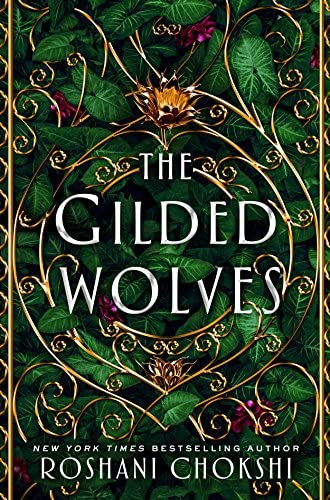
The Gilded Wolves – Roshani Chokshi – the image of a dying party and the faint, tender moments shared between the narrator and the unnamed character remind me of Séverin and Laila sharing a tense (but romantic) moment amidst magical glamour.
Since this post consists entirely of songs, consider all of them to be today’s song.
That’s it for this week’s Sunday Songs! Have a wonderful rest of your day, and take care of yourselves!

